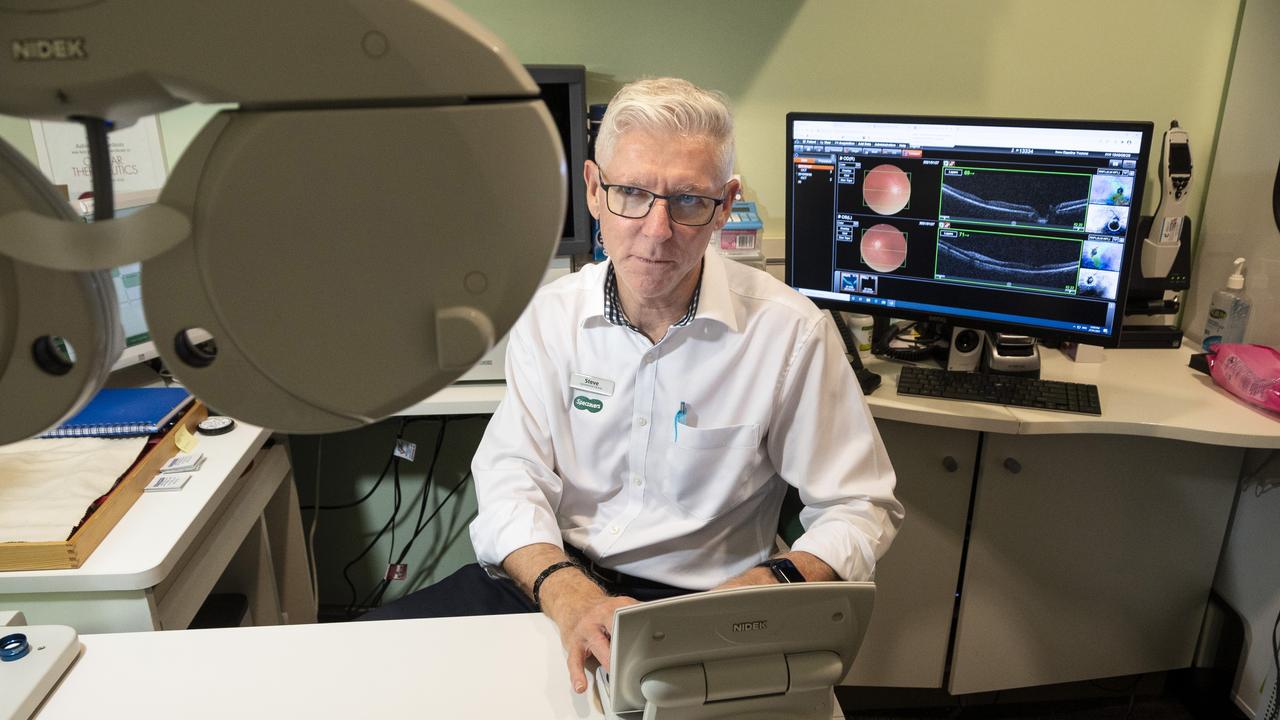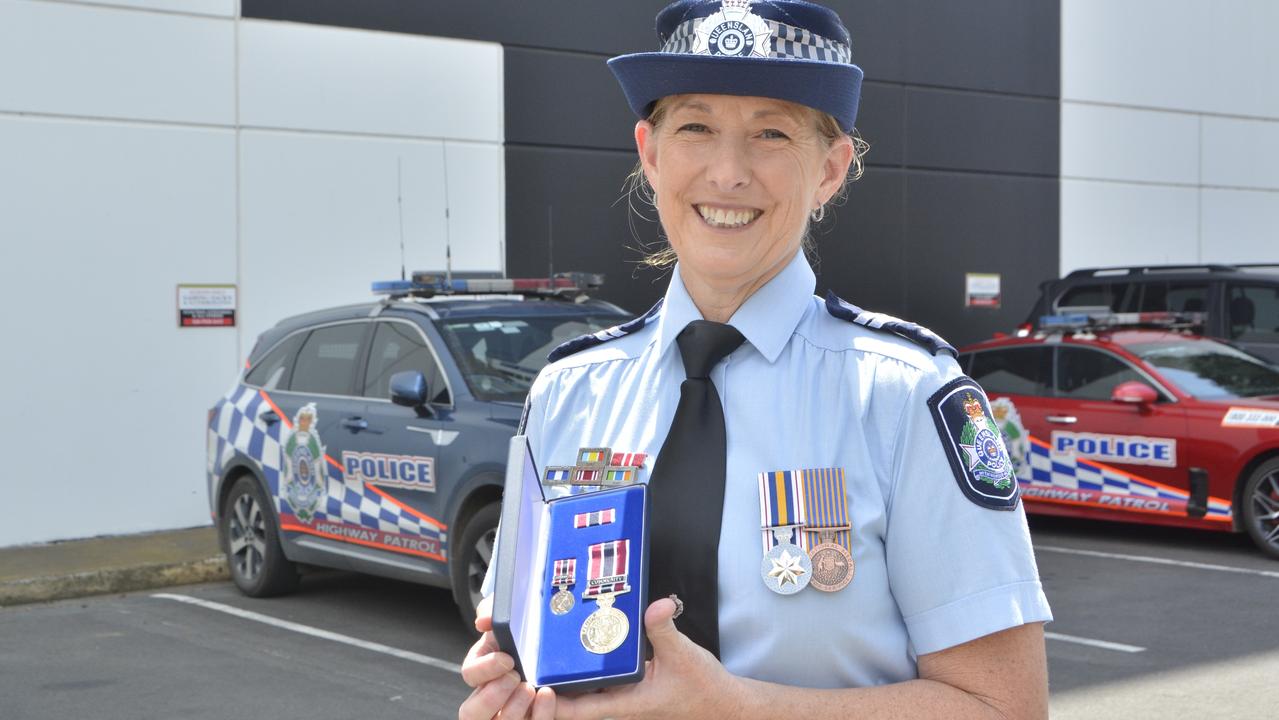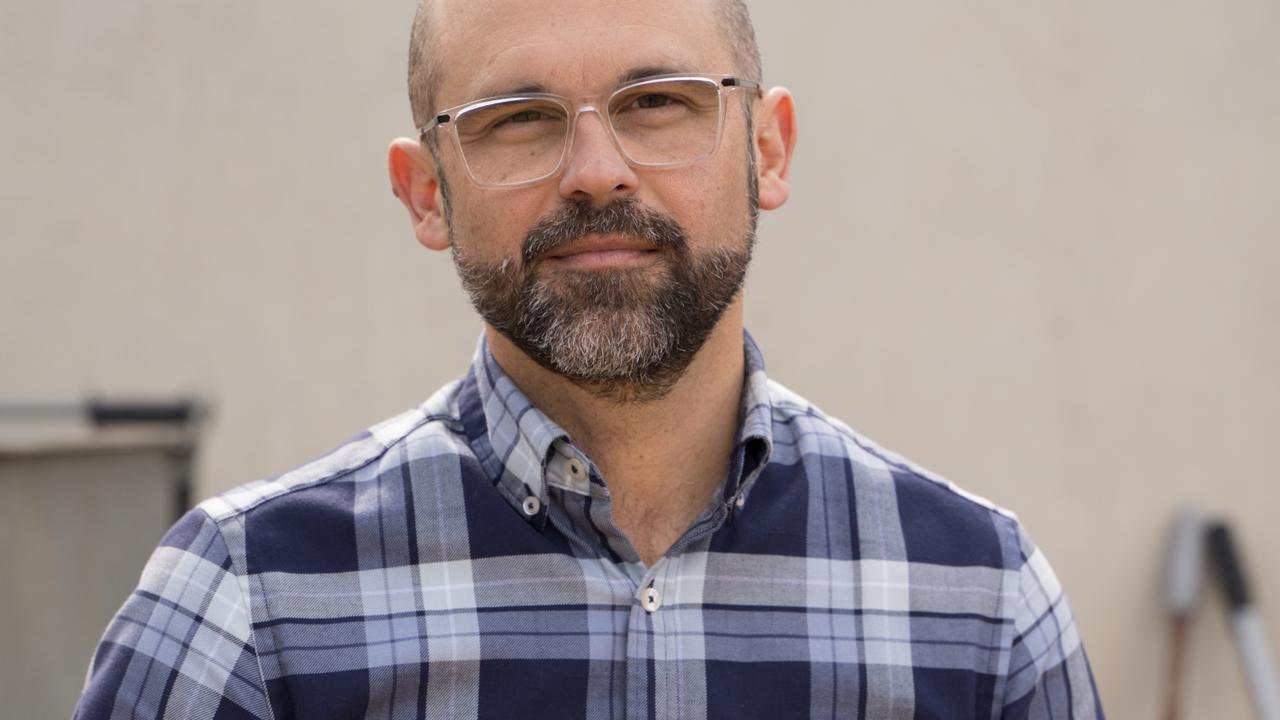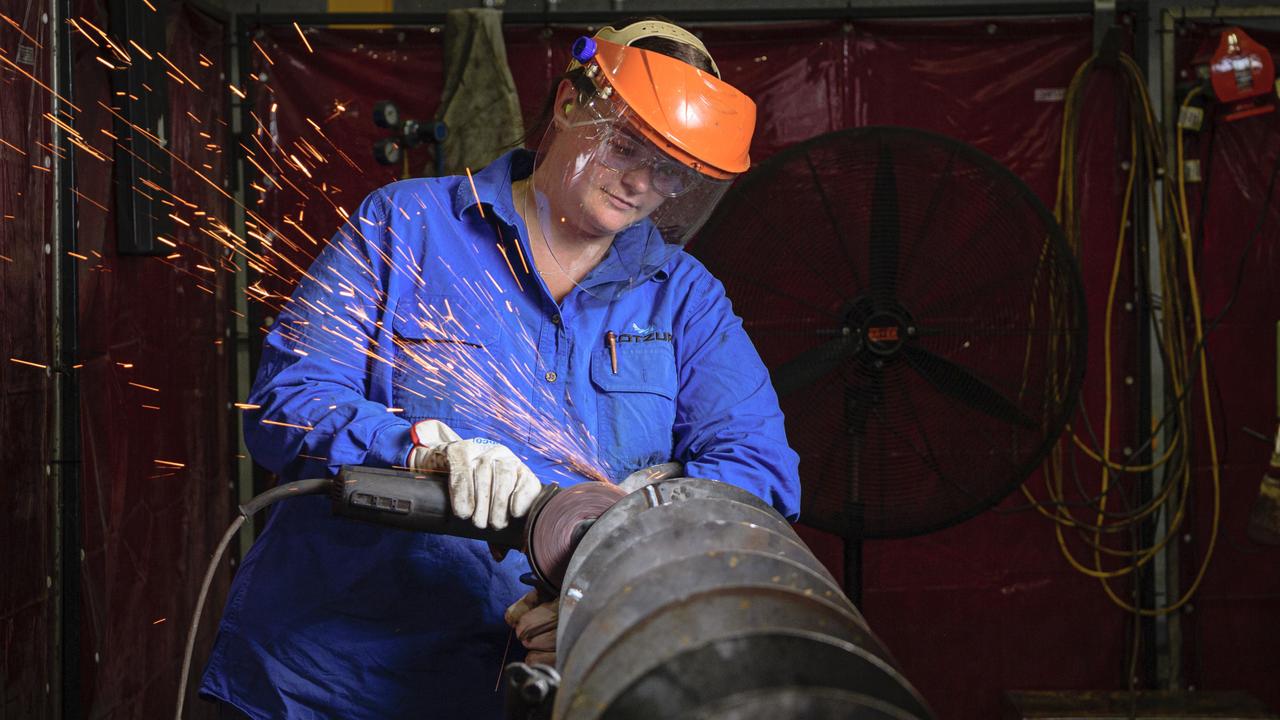Parents urged to get children eye tests after year of online learning
Due to COVID there are 30,922 children between the age of five and 20 in the Toowoomba area who may have missed detection of the most common eye problems.

Toowoomba
Don't miss out on the headlines from Toowoomba. Followed categories will be added to My News.
New research has revealed that older Australian parents are managing their child’s eye health very differently to younger parents, with millennial parents taking a much more preventive approach.
This comes after data commissioned by Specsavers showed older parents of children aged five to 17 are more likely to admit their child had never had an eye test compared to younger parents.
Older parents are also more likely to say children should only have an eye test when they have an issue with their sight or eyes, rather than younger parents who believe children should have an eye test at least once a year.
In the last 12 months, Specsavers estimates that as many as 60,000 Australian children and teens have missed having an eye test due to COVID-19.
There are 30,922 children between the age of five and 20 in the Toowoomba area who may have potentially missed an eye test and missed detection of the most common problems of short and long-sightedness.
Although eye health was reported as a concern across all generations of parents, especially relating to screen time, this concern has not translated into seeking professional advice with almost one in five Queensland parents not seeking advice when their child has experienced or complained of an eye issue.
Specsavers Toowoomba optometrist Steve Turley said all parents were urged to include an eye test on their back-to-school list.
“Virtual and screen-based learning means children and teens alike are spending more time on their laptops and tablets than ever before, and I’ve noticed a significant rise in the number of children presenting with digital eye strain,” he said.
“An eye test for your child should be a part of that back-to-school checklist, even if you aren’t concerned about any changes in their vision or they don’t wear glasses.”
The research also reports that 70% of parents in Queensland are concerned about the amount of time their children spend on screens and 60% say their child has experienced or complained about an eye issue.
Queensland Specsavers optometrist Simon Kelly it was incredibly important for parents to monitor their child’s eye health closely.
“In a children’s eye test, we typically look for signs of refractive error such as long and short sightedness and astigmatism,” he said.
“We also assess for signs and symptoms of digital eye strain, squinting and other ocular health issues. As children’s eyes are still developing during their schooling years, it’s important to identify any potential issues early so they can be corrected or managed.”






